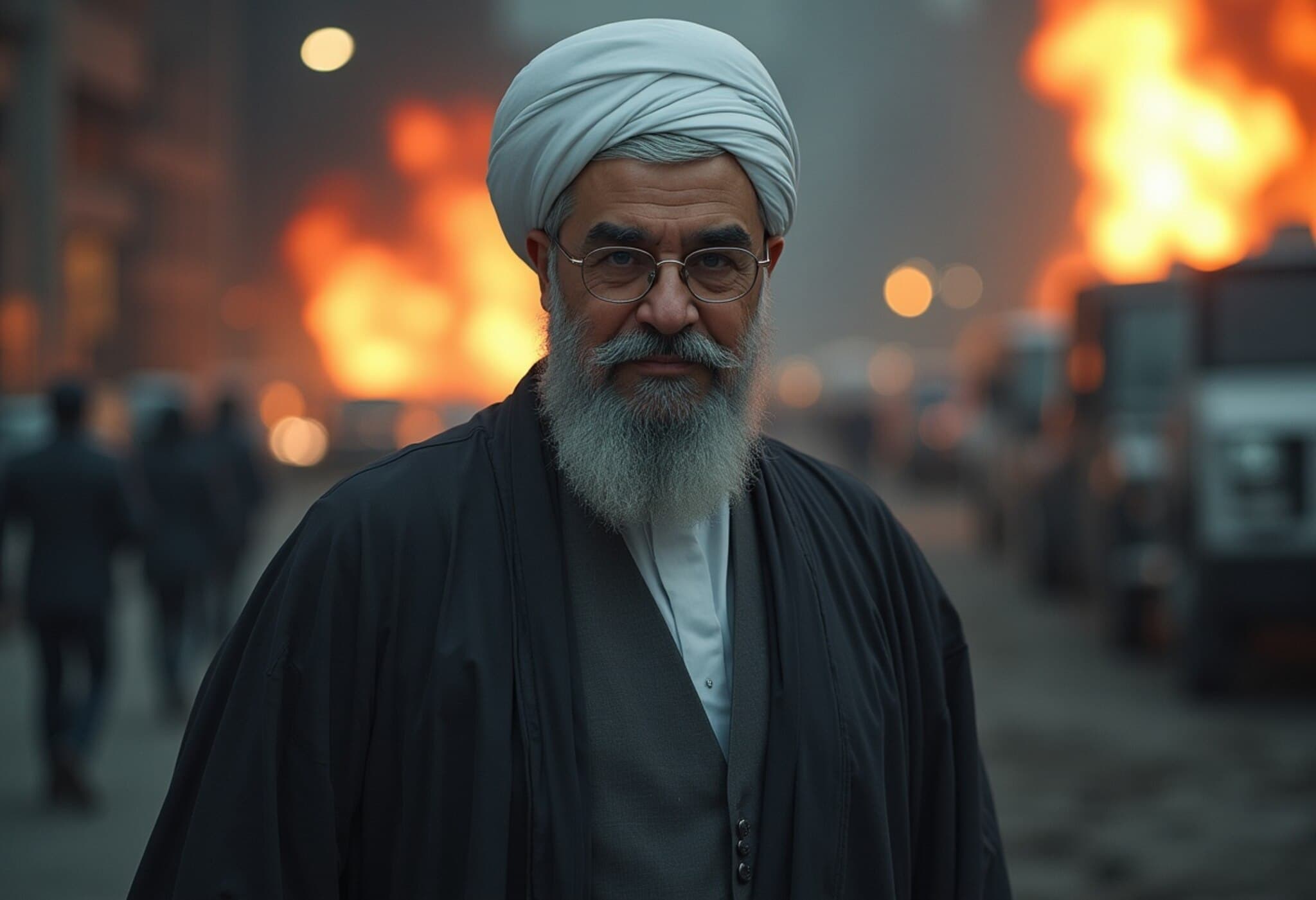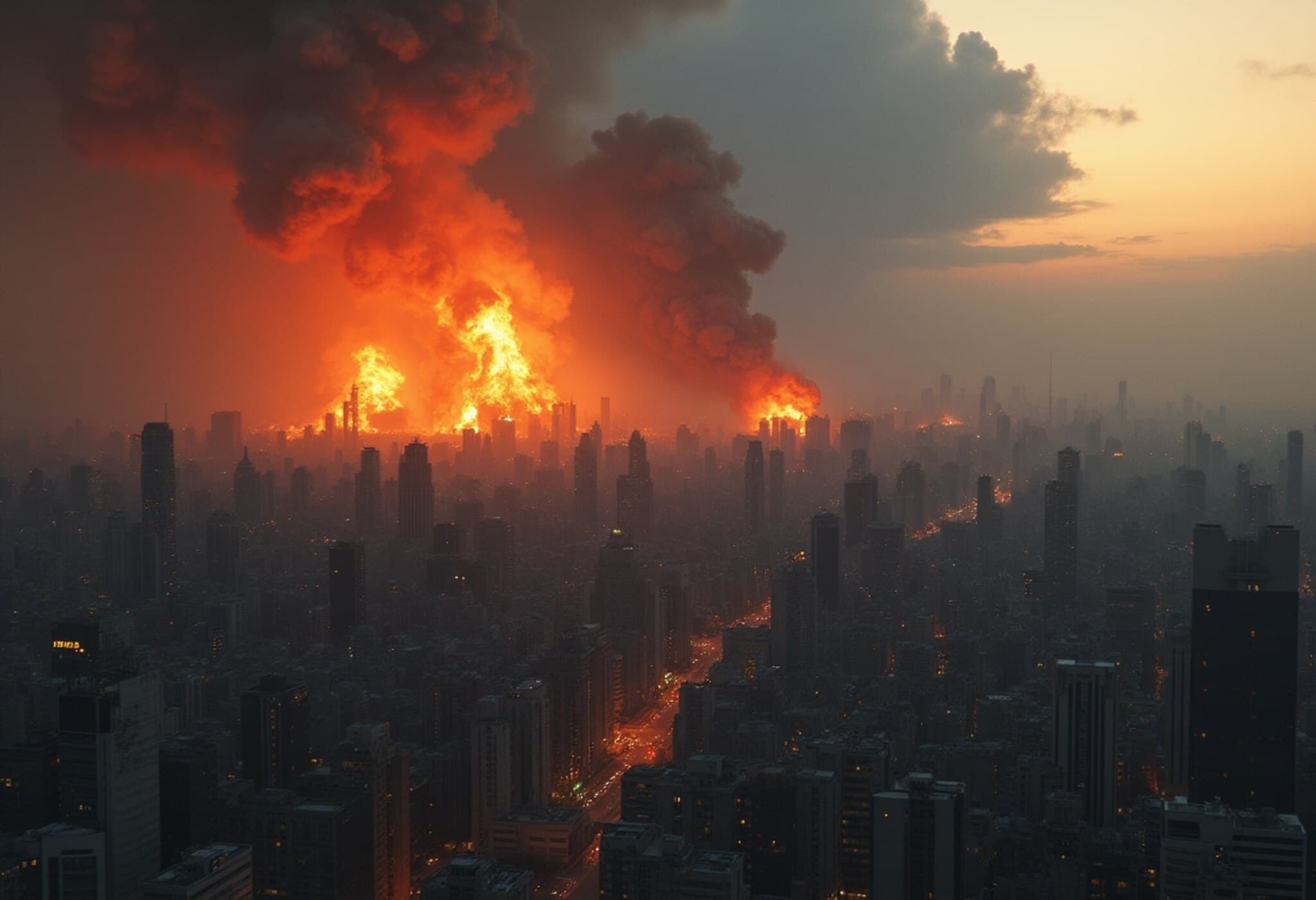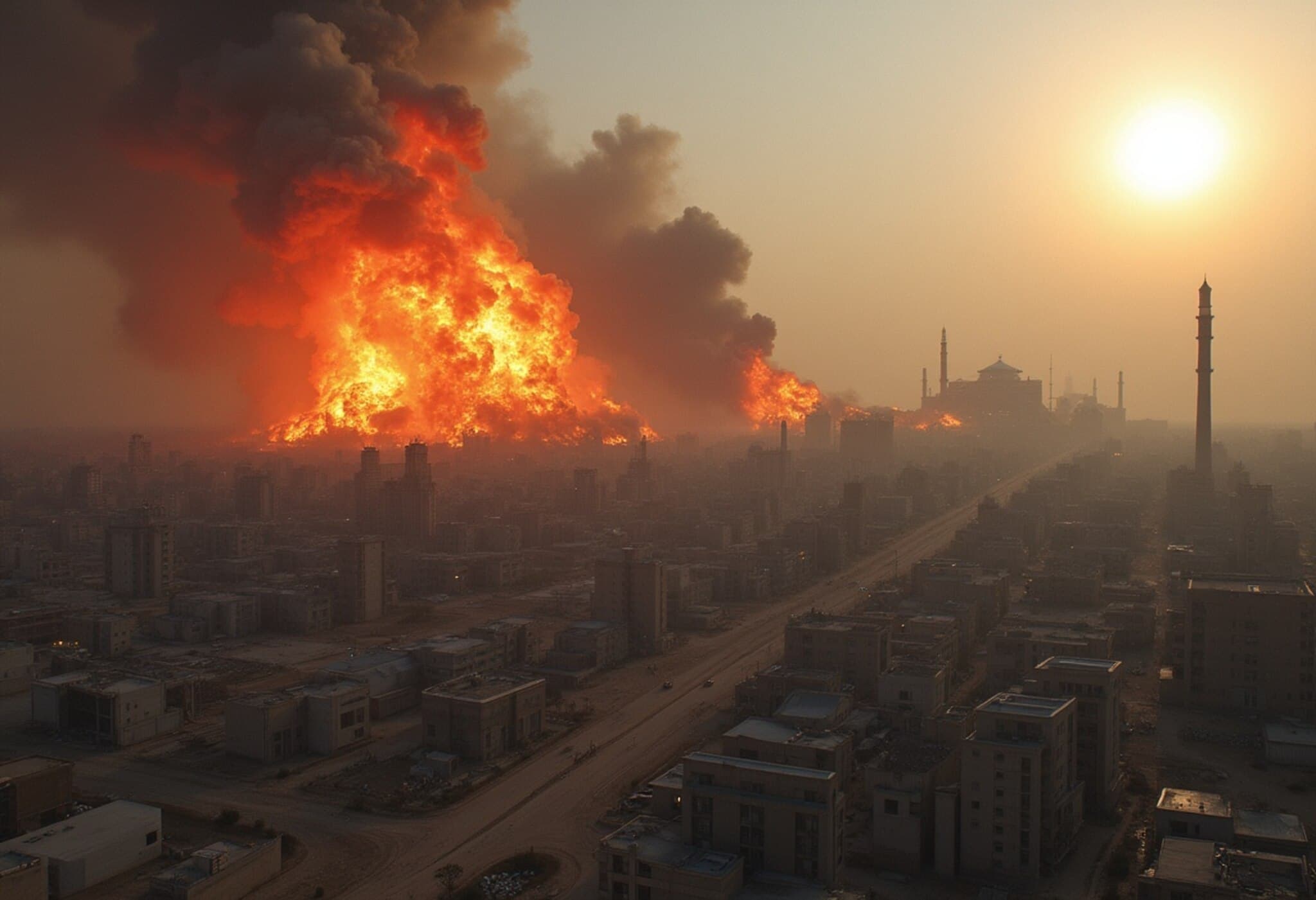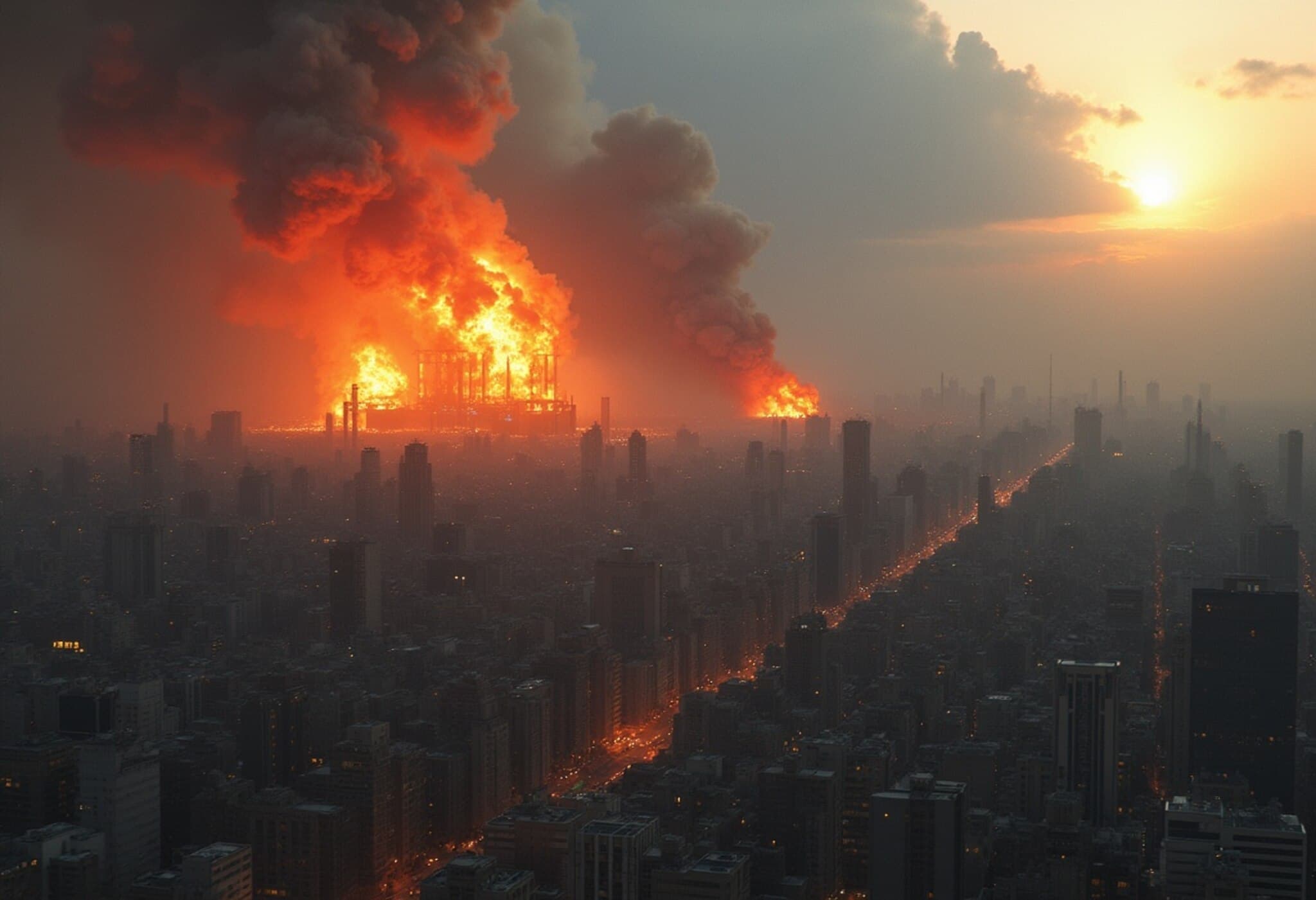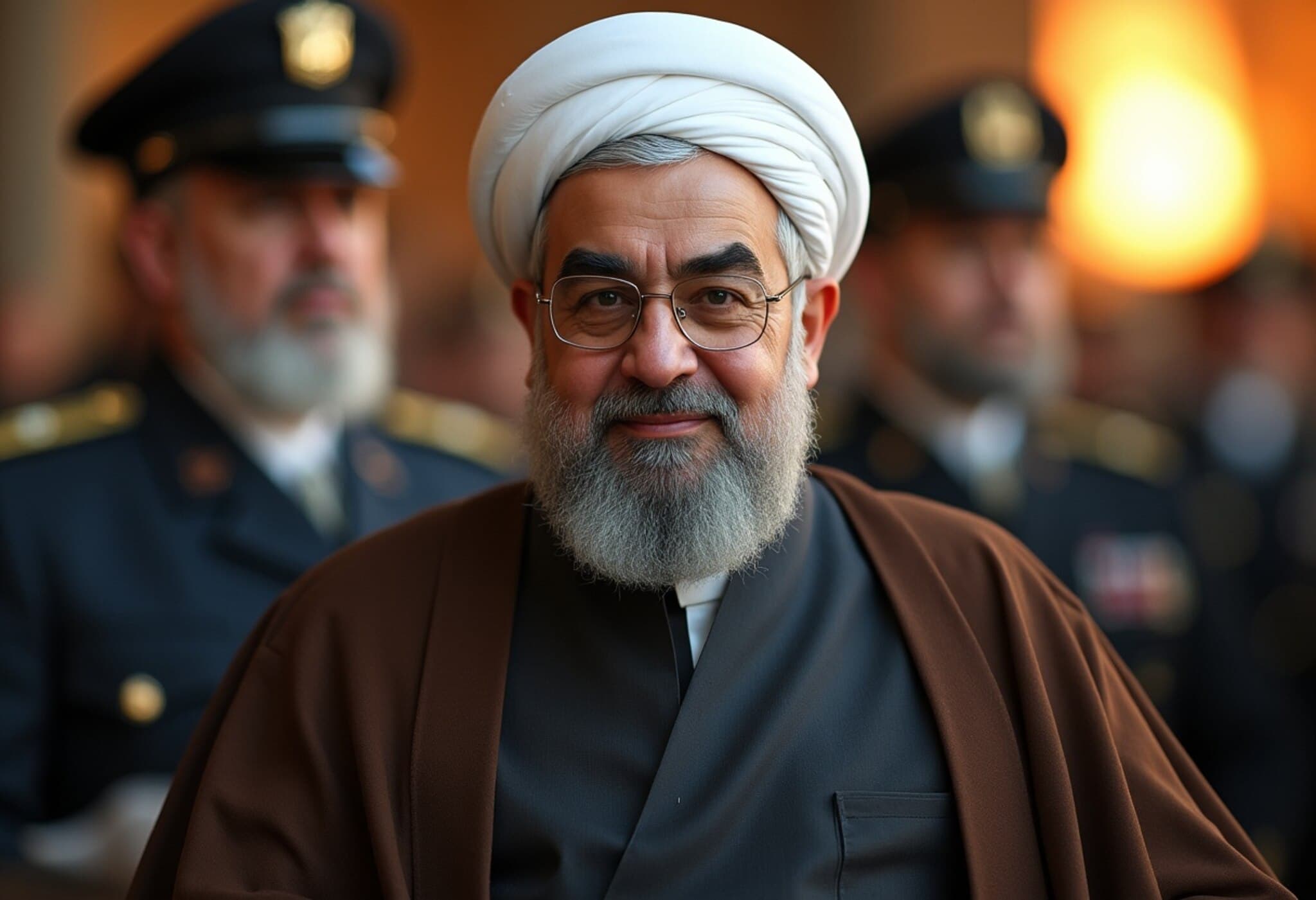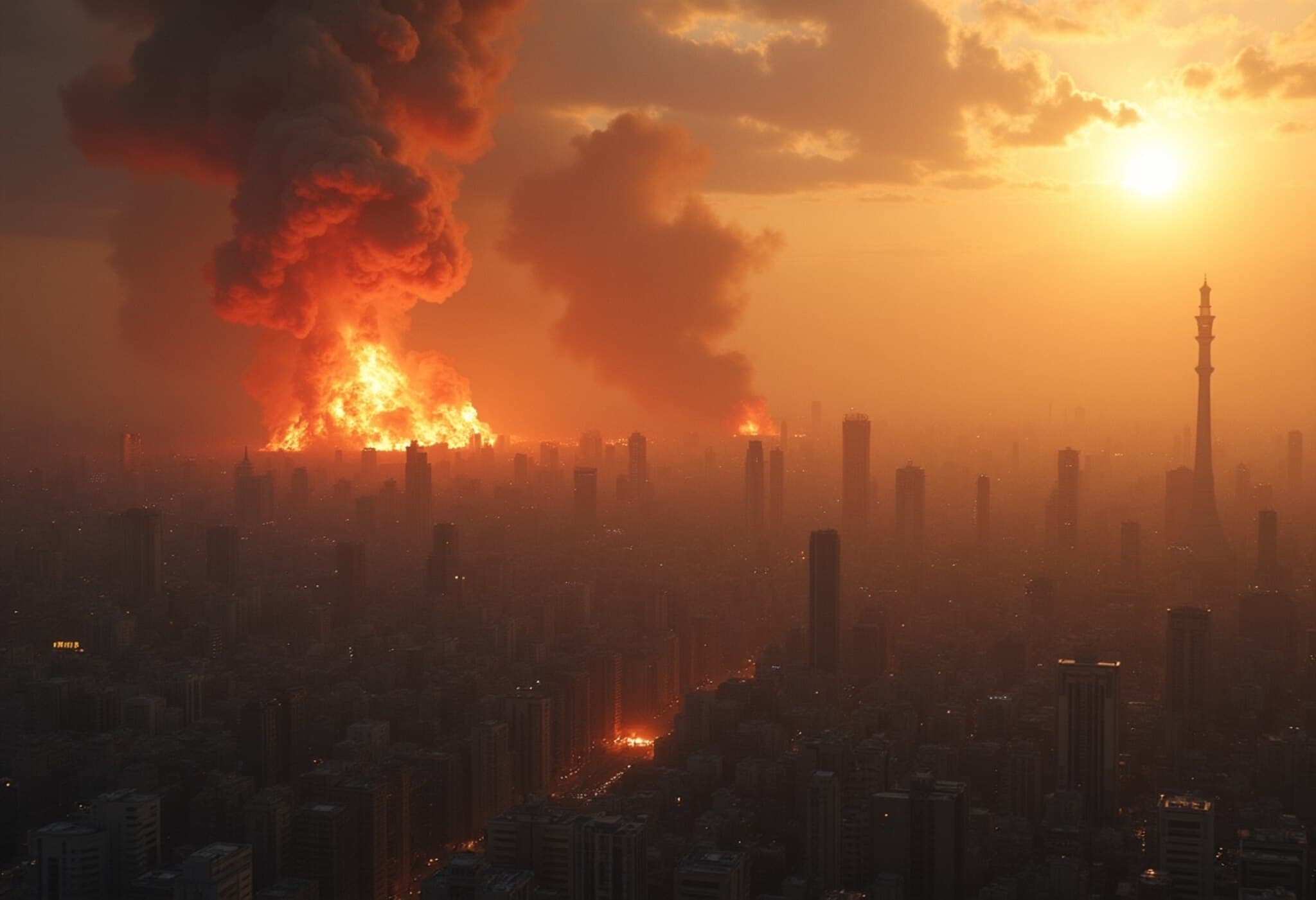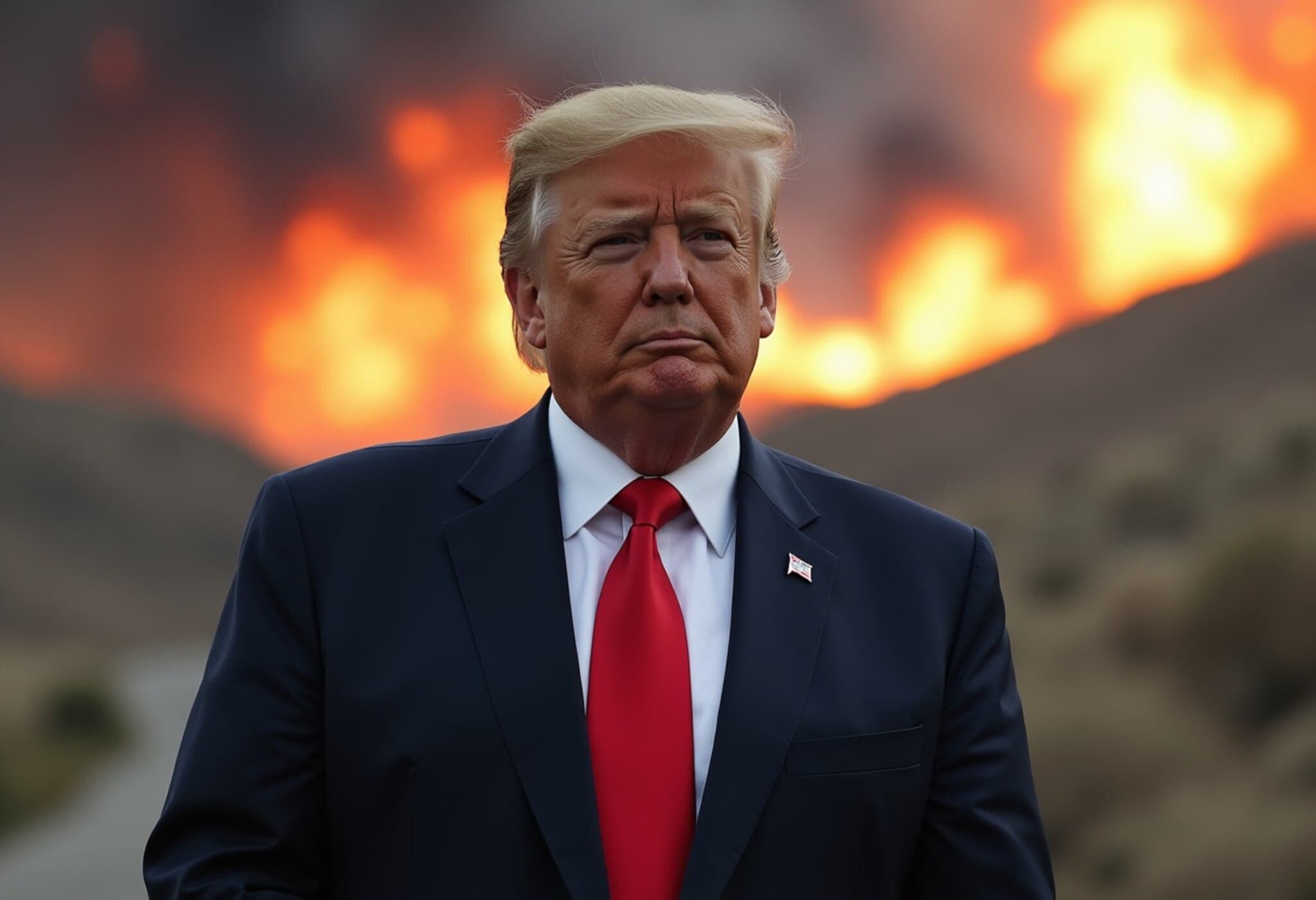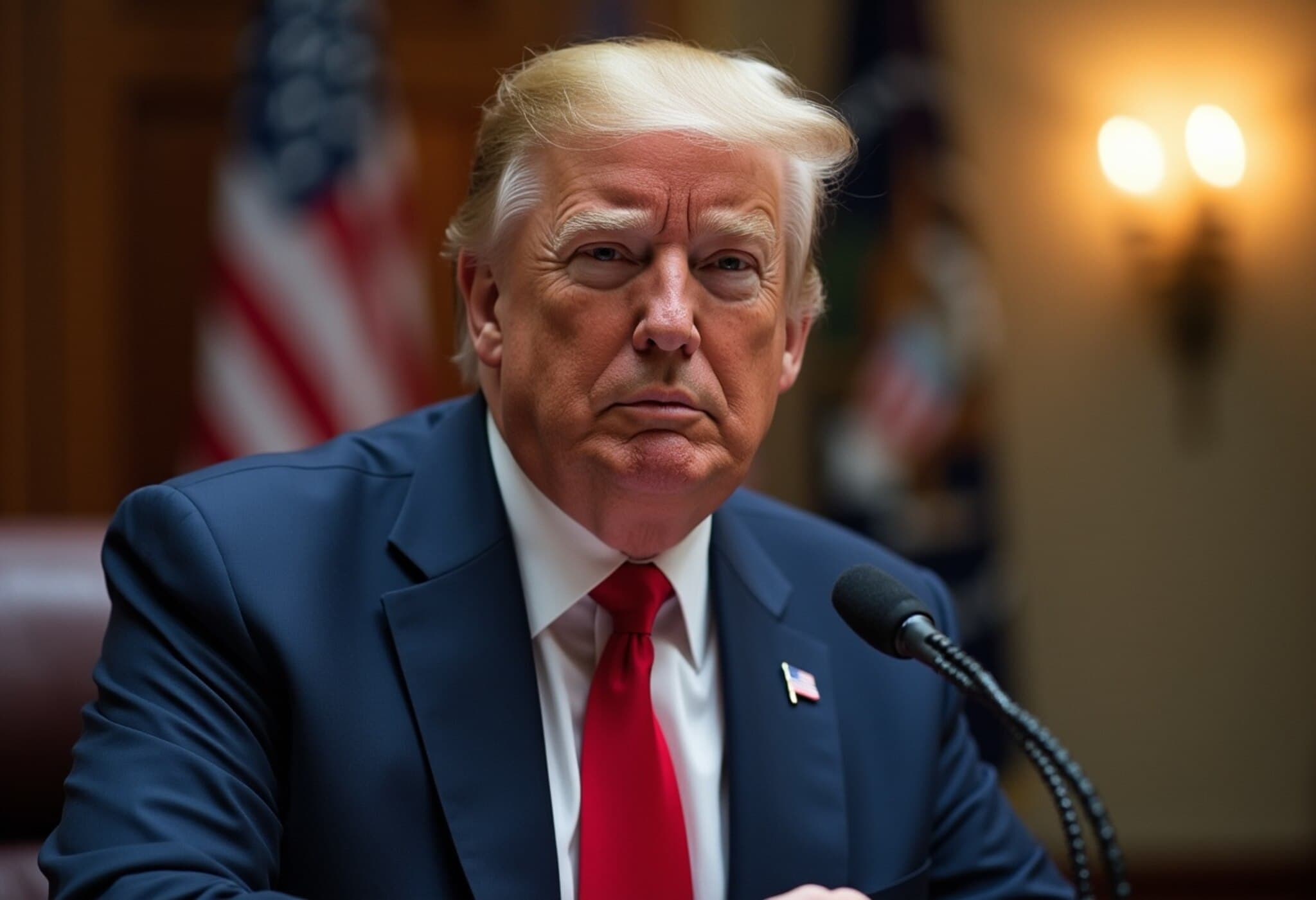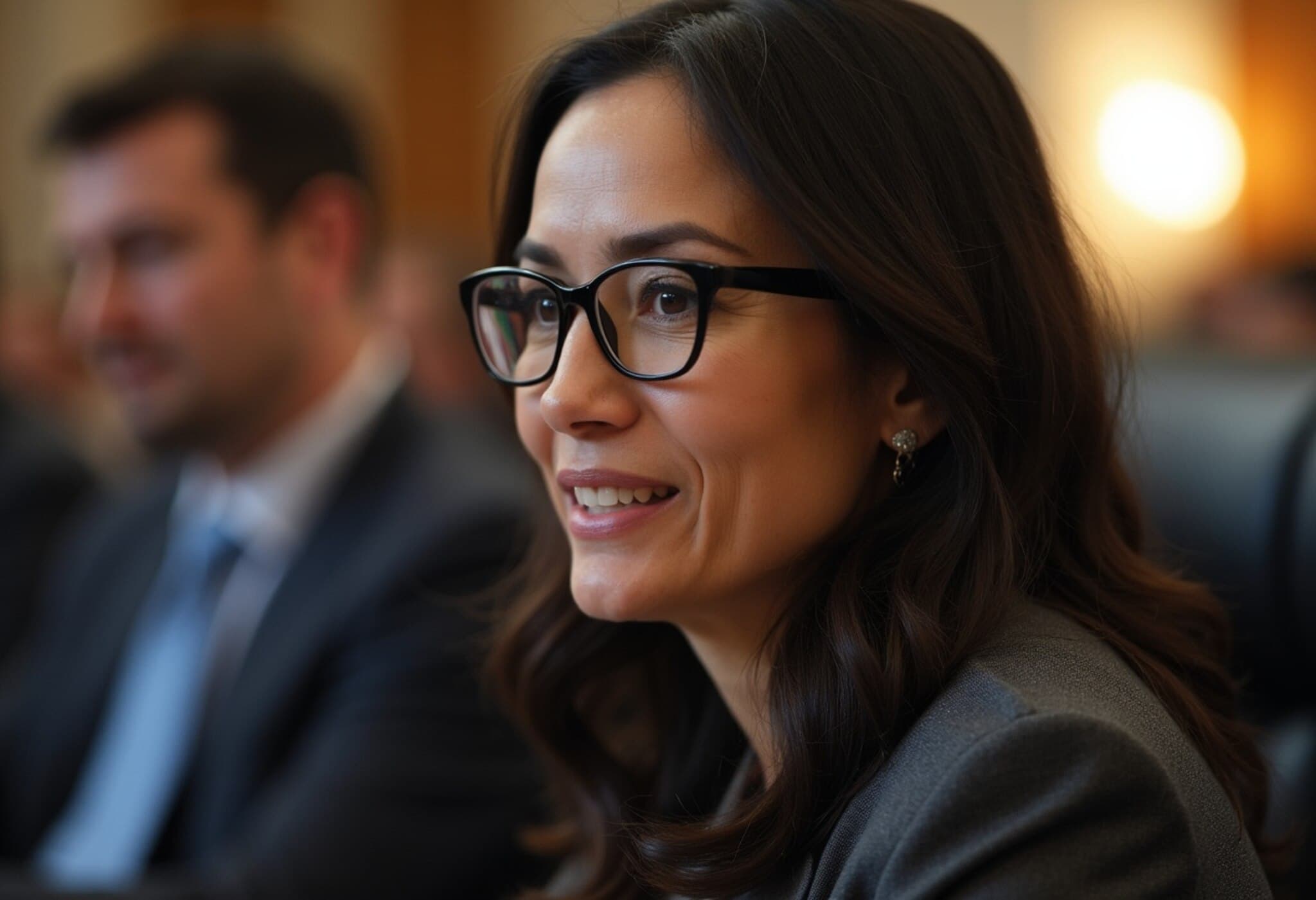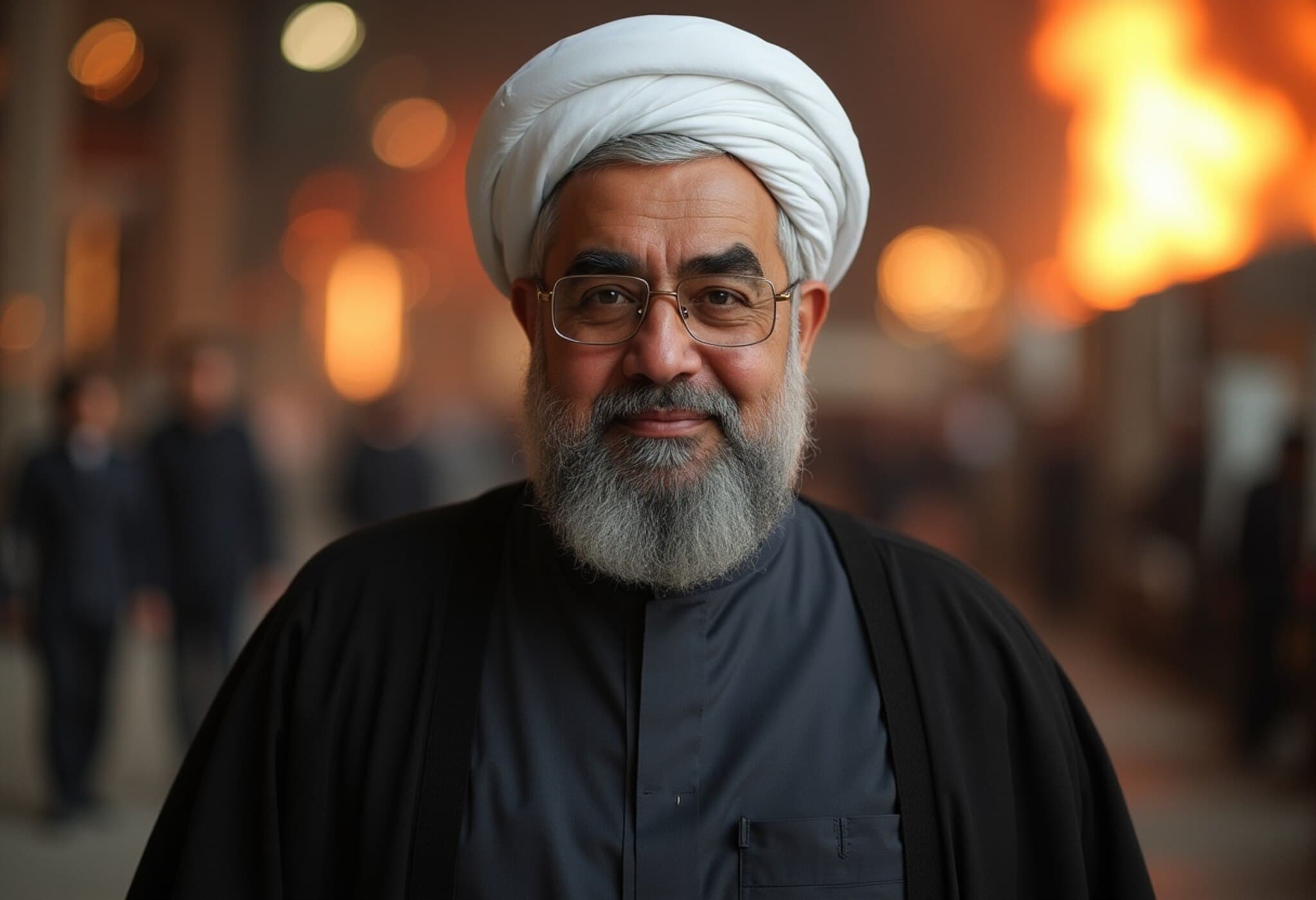IAEA Pulls Last Inspectors from Iran as Nuclear Site Access Stalemate Grows
The International Atomic Energy Agency (IAEA) has withdrawn its final team of inspectors from Iran following escalating tensions over access to the country’s nuclear facilities. This move marks a significant deepening of the impasse as Tehran enacts legislation to suspend cooperation with the IAEA until assurances on site security are established.
Background: Recent Military Strikes and Escalating Tensions
Three weeks prior, Israel launched a series of military attacks against Iran’s nuclear sites, igniting a 12-day conflict between the two nations. These strikes have left Iran’s uranium enrichment facilities either severely damaged or destroyed, complicating efforts to monitor Iran’s nuclear activities. Since June 13, the number of IAEA inspectors present in Iran dwindled substantially, and concerns about their safety grew amid hostile rhetoric from Iranian officials and media.
Iran Suspends Cooperation Pending Safety Guarantees
Iran’s parliament has passed a law that effectively halts cooperation with the IAEA, demanding that the safety of nuclear facilities be guaranteed before the agency’s staff can return. While the IAEA has yet to receive formal communication about this suspension, the current environment casts doubt over when inspections might resume.
The IAEA confirmed that its inspectors have now left Iran and returned safely to Vienna. In a statement via social media, the agency acknowledged the team's departure following their stay during the recent military conflict.
Disputed Findings and Diplomatic Strains
Iran has criticized the IAEA, accusing it of enabling the military strikes through a critical report issued on May 31. This report led the IAEA's Board of Governors to declare Iran in breach of its non-proliferation commitments. However, IAEA Director General Rafael Grossi has defended the findings and denied any intention to provide diplomatic cover for the strikes.
Ongoing Dialogue Efforts Despite Difficulties
Despite these tensions, Iran's foreign minister reaffirmed the country's commitment to the Nuclear Non-Proliferation Treaty (NPT). The IAEA stresses the importance of negotiating modalities to reinstate essential monitoring and verification tasks as promptly as possible.
Uncertainty Surrounds Iran’s Enriched Uranium Stockpile
While the targeted strikes severely damaged Iran’s three uranium enrichment facilities, questions remain about the status of its nine tonnes of enriched uranium, particularly the more than 400 kilograms enriched up to 60% purity—just shy of weapons-grade levels. According to IAEA standards, this amount could theoretically be further enriched to produce material sufficient for approximately nine nuclear weapons.
Iran insists its nuclear program serves peaceful purposes, yet Western nations and the IAEA express concern, noting that no other country has enriched uranium this highly without a weapons program.
The Critical Need for Continuous Inspections
As an NPT signatory, Iran is obligated to maintain transparency about its enriched uranium stocks, and the IAEA is responsible for enforcement and verification. However, the recent military strikes have disrupted this oversight, complicating international efforts to monitor compliance.
Director General Grossi emphasized at a Vienna press conference that interruptions to the inspection regime cannot be allowed to persist, underlining the urgent need to restore on-the-ground monitoring to prevent nuclear proliferation risks.

